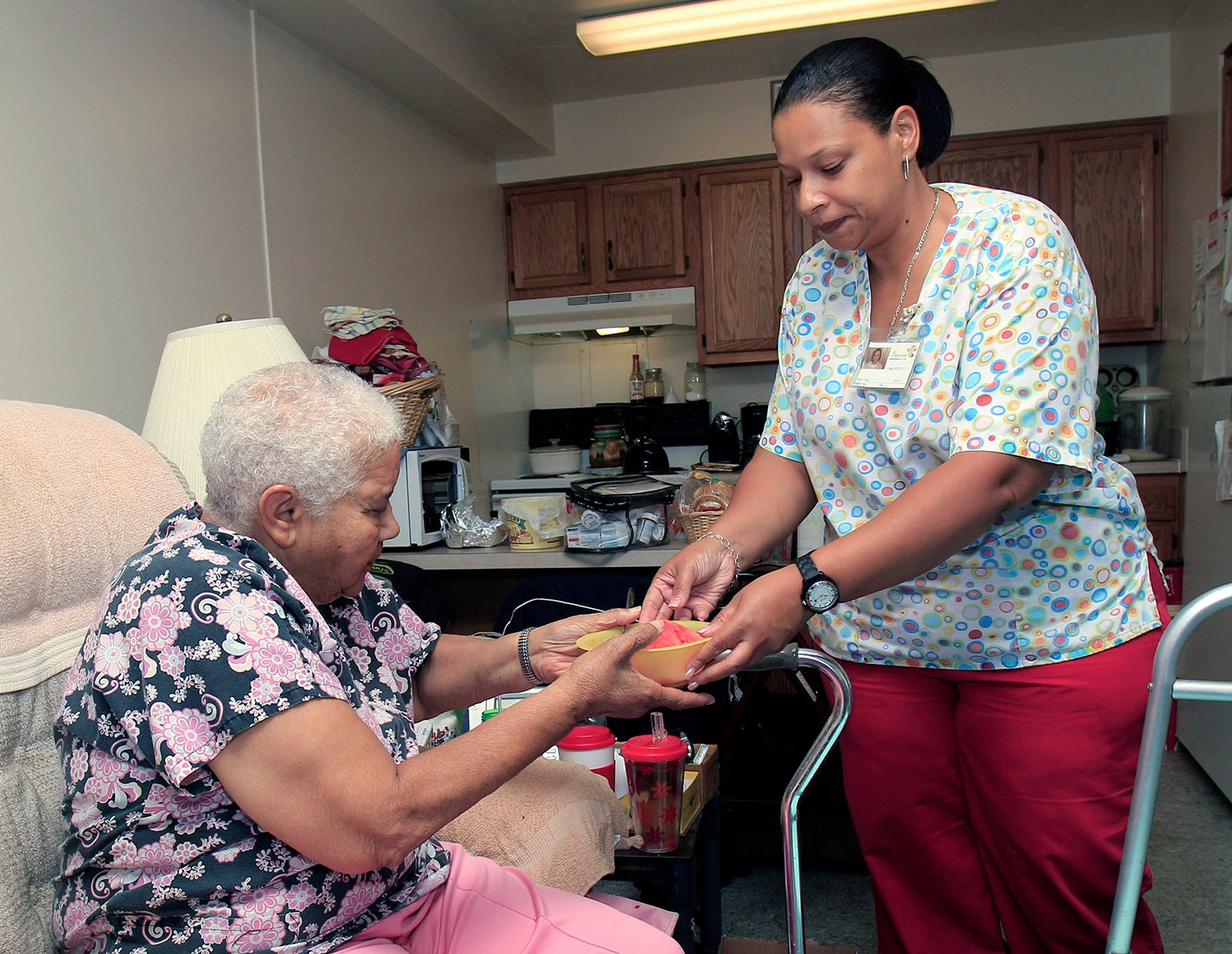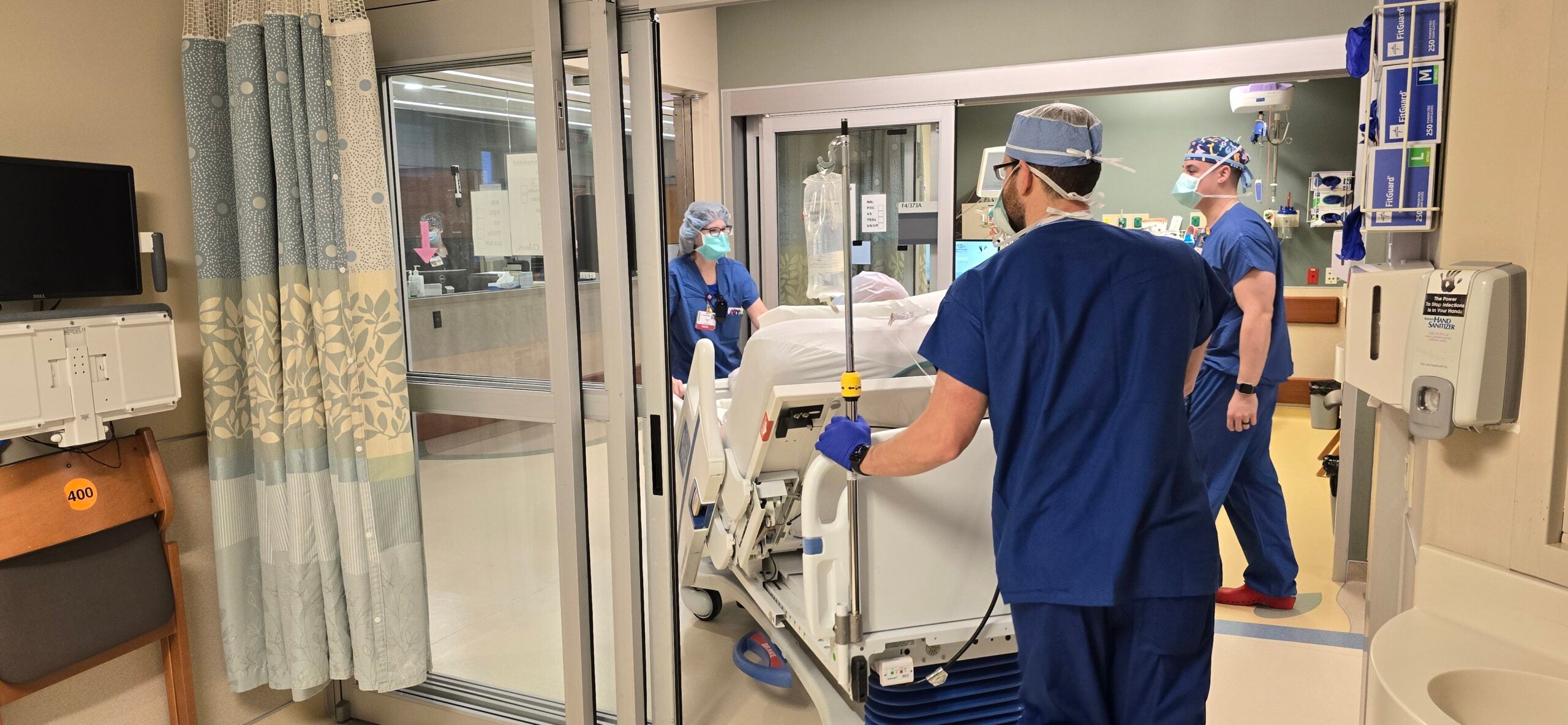A coalition of Wisconsin health care organizations is warning that the state’s shortage of long-term care providers continues to grow.
The study, put together by several groups across the state, says 1 in 5 direct caregiver positions in the state is going unfilled. That’s up from 1 in 7 positions in 2016.
Starting wages in the profession are so low that many potential workers never apply, according to the report. The median hourly starting wage for personal caregivers is $10.75 an hour, according to the study, while other positions outside health care start at $12 an hour.
News with a little more humanity
WPR’s “Wisconsin Today” newsletter keeps you connected to the state you love without feeling overwhelmed. No paywall. No agenda. No corporate filter.
The report found Wisconsin’s low rate of Medicaid reimbursement is a key factor keeping provider wages low.
Sarah Bass of the Wisconsin Assisted Living Association said with so many unfilled positions, many facilities are cutting back, even though demand for long-term care continues to grow.
“Assisted living providers are closing their doors, or shutting down areas of their assisted living facilities, because they don’t have the staff to safely take care of the residents,” she said. “They’re reducing their admissions.”
State lawmakers raised the Medicaid reimbursement for skilled nursing care in the latest state budget, and added about $60 million for family care workers.
The coalition says the state will need to build on those increases to address the long-term issues.
There are also other initiatives in place to try to address the long-term care workforce issues.
John Vander Meer, executive director of the Wisconsin Health Care Association and Wisconsin Center for Assisted Living, pointed toward the WisCaregiver Career Program, which is aimed at “recruiting, testing, training and retaining 3,000 new certified nursing assistants to the profession. It’s a tremendous example of what can be accomplished by state officials and the provider community working together to try and find a positive solution.”
Vander Meer said he hopes lawmakers will consider major changes to how long-term care is funded, including a higher Medicaid reimbursement rate.
Two-thirds of the state’s nursing home residents are Medicaid recipients.
The state Department of Health Services didn’t immediately respond to a request for comment.
Wisconsin Public Radio, © Copyright 2026, Board of Regents of the University of Wisconsin System and Wisconsin Educational Communications Board.






